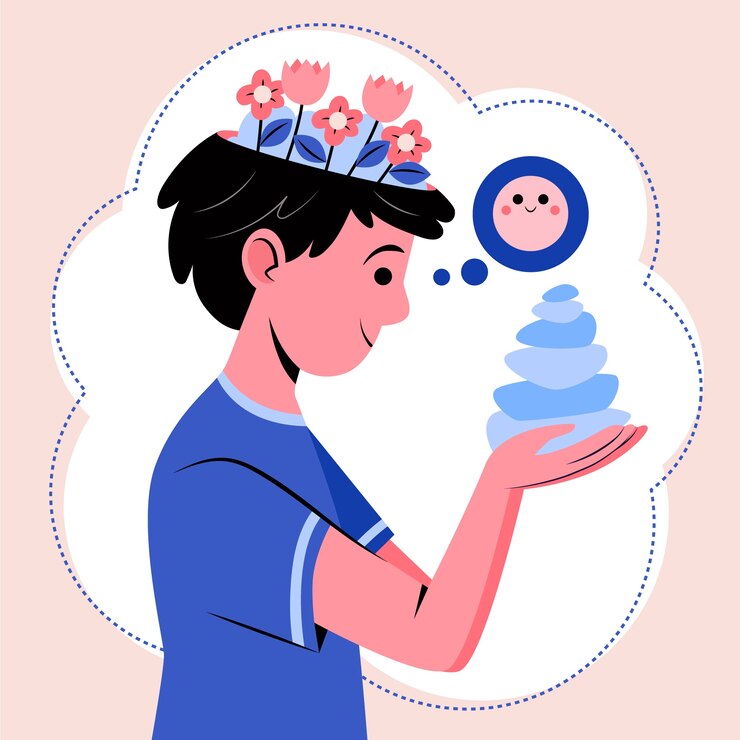
Understanding Bipolar Disorder Diagnosis: A Simple Guide
Bipolar disorder diagnosis involves a careful assessment by a healthcare professional to differentiate it from other conditions. Here’s a straightforward explanation:
1. Evaluation Process: To diagnose bipolar disorder, a healthcare provider will conduct a comprehensive evaluation. This may include a physical examination, review of medical history, and discussions about symptoms and family history of mental health conditions.
2. DSM-5 Criteria: The Diagnostic and Statistical Manual of Mental Disorders, Fifth Edition (DSM-5), provides guidelines for diagnosing bipolar disorder. To meet the criteria for bipolar I disorder, individuals must have experienced at least one manic episode. Bipolar II disorder involves hypomanic episodes and depressive episodes, while cyclothymic disorder entails numerous periods of hypomanic and depressive symptoms.
3. Differential Diagnosis: Bipolar disorder can sometimes be mistaken for other mental health conditions, such as major depressive disorder or borderline personality disorder. A healthcare provider will differentiate bipolar disorder from these conditions based on the presence of manic or hypomanic symptoms.
4. Screening Tools: Healthcare providers may use standardized screening tools, such as mood disorder questionnaires, to assess symptoms and monitor mood changes over time. These tools help in tracking symptom severity and guiding treatment decisions.
5. Collaboration and Communication: Diagnosis of bipolar disorder often involves collaboration between healthcare professionals, such as primary care physicians, psychiatrists, and psychologists. Open communication between the individual and their healthcare team is essential for accurate diagnosis and effective treatment planning.
Seeking Help: If you suspect you or a loved one may have bipolar disorder, it’s crucial to seek help from a qualified healthcare professional. Early diagnosis and appropriate treatment can help manage symptoms and improve quality of life.
By understanding the diagnosis process for bipolar disorder, individuals and their loved ones can take proactive steps to address the condition and receive the support they need.
To seek medical advice, always consult a Doctor. Here are our recommended experts. Click here
To read more on Neurological Disorders. Click Here


